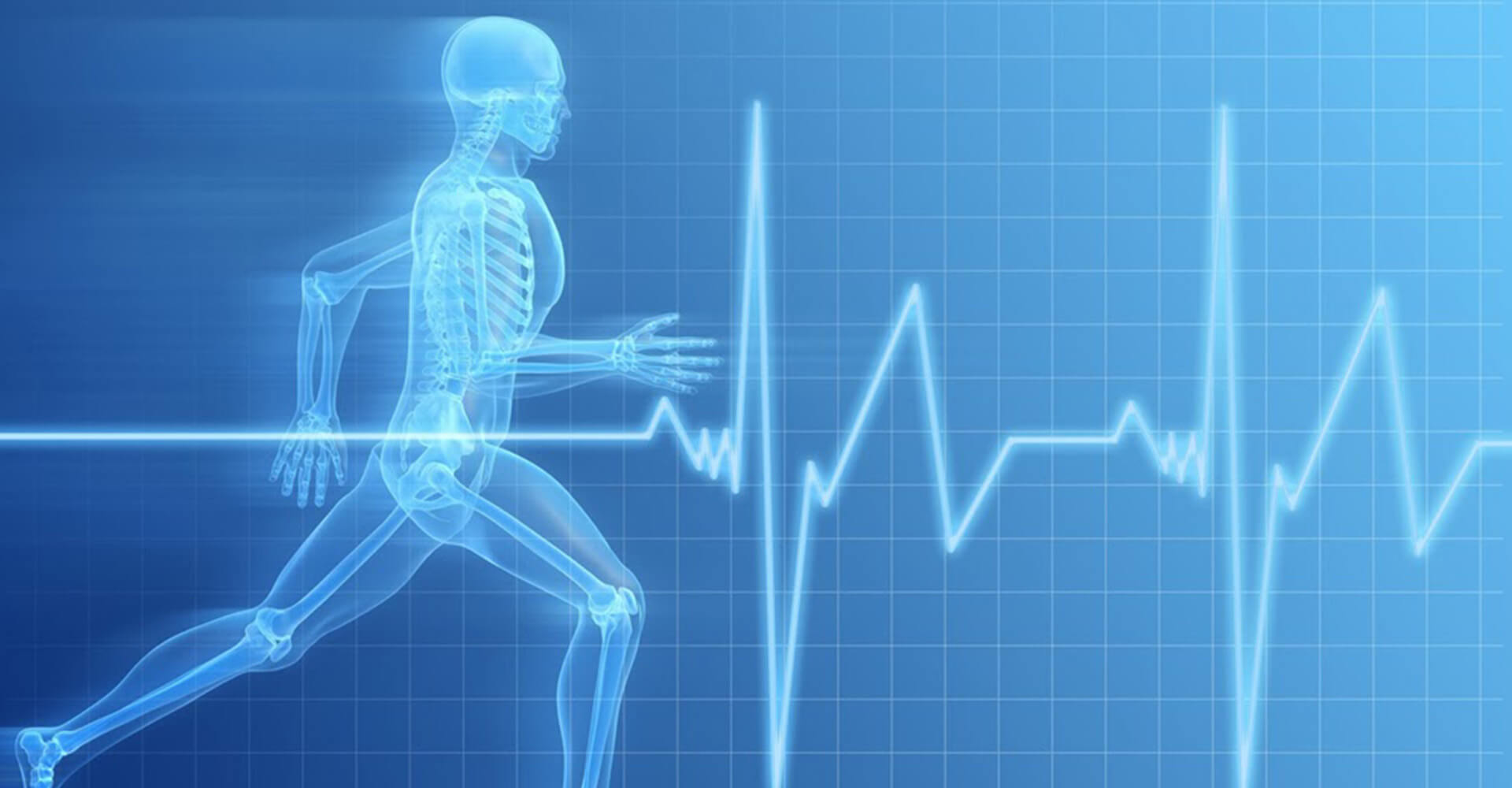A professional CV is the very first step in the job-seeking process, and writing it properly will directly determine whether an employer is interested in you. For this reason, it is best to ask for a professional CV from resume writers services in your state.
If you decide to write your own resume, a guide may be helpful. There are many ways to put it together, but there is a common set of information that you should include in your CV.
Contact and personal information
- Name and surname;
- Contact information;
- Personal information.
Purpose
An indispensable part of any resume. This point should clearly state what kind of position you are interested in. If you are interested in a similar vacancy, it is appropriate to list them.
Education
This section will indicate your previous education (first the period of education, then the name of the educational institution, faculty, major). Any additional education: Second higher education, courses, seminars, trainings, etc., are included after the main one.
Work experience
Previous employments are listed in reverse chronological order. First, write the month/year of employment, followed by the name of the organisation and the position. List your main responsibilities, knowledge, skills and achievements. (Do not overload this section with unnecessary information).
Professional skills
In this paragraph, you provide information about yourself that is important for the position you are applying for. Note what you know as a professional, what professional techniques and technologies you possess (computer skills, fluency in foreign languages, professional certifications, etc.).
Personal qualities
This section is for your personal qualities, e.g. ability to communicate, teamwork, organisation, hobbies, etc.
Additional information
Anything else you think you might want to add here that has not been mentioned before. For example, ability to move to another city, willingness to travel, driving license, etc.
When writing your CV, make sure you highlight your strong professional and personal qualities. However, you should not write a complete biography. Be sure to present your strengths correctly.
The information you give in your resume should be accurate. Most importantly, your CV should be short - no more than one and a half pages - and free of grammatical errors. Your ability to be clear, concise is an indicator of a high level of general culture. Check your text for typos. Print your resume on good paper and a printer. If you are sending your CV by e-mail, write a short cover letter.

